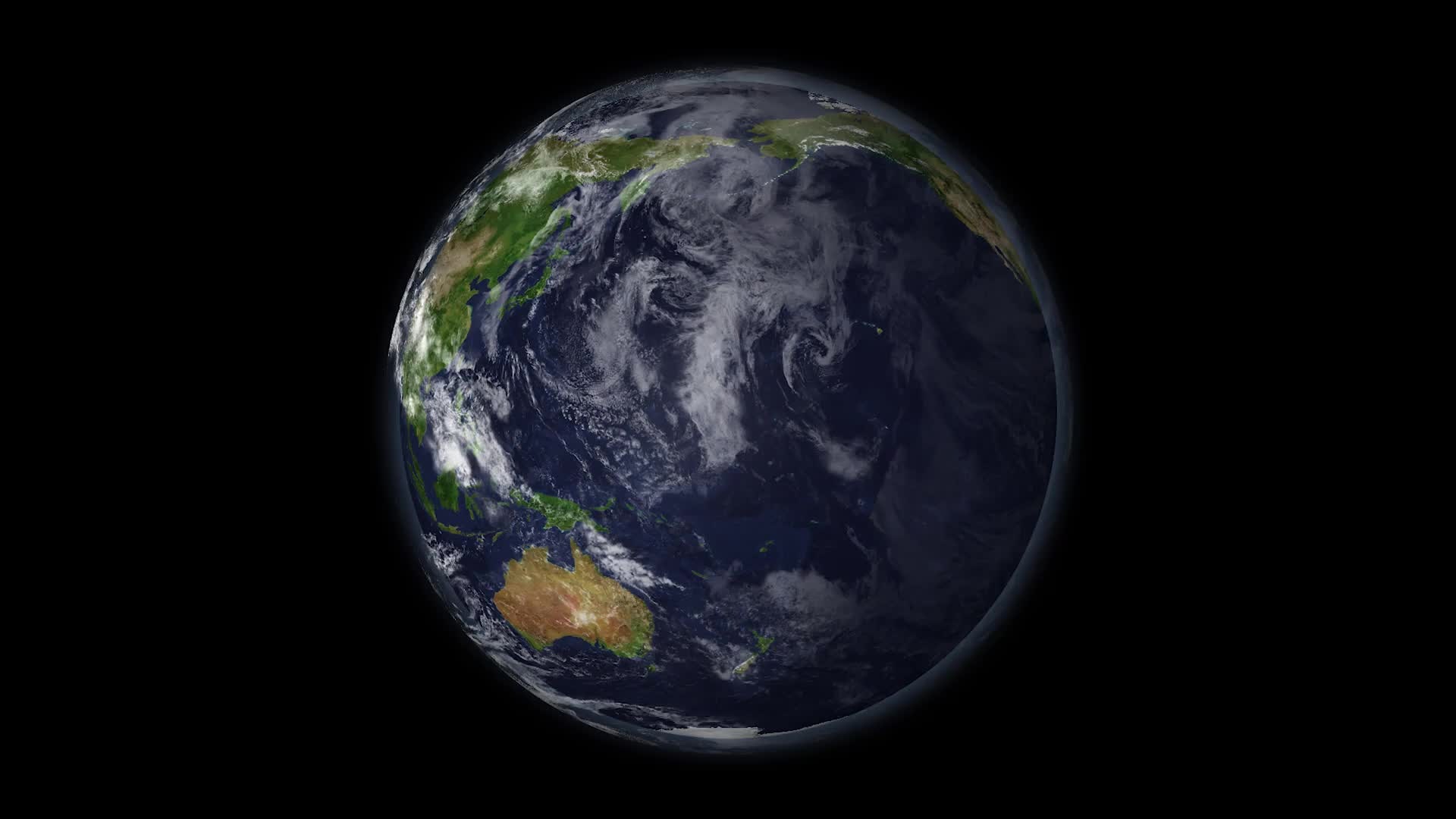New Zealand
With its unique resource base, New Zealand is taking steps towards carbon neutrality by 2050. The country is a success story for the development of renewable energy, including hydropower and geothermal energy, without government subsidies.
Read more
New Zealand's current pledge under the Paris Agreement is to cut emissions by 30% below 2005 levels by 2030. The Climate Change Response (Zero Carbon) Amendment Act 2019 sets out a framework to reduce net GHG emissions to zero by 2050 (except biogenic methane, which has a target of 24-47% below 2017 levels).
New Zealand will be reforming its emissions trading system to deliver on its targets, guided by an independent Climate Change Commission, setting a clear long-term signal for a range of energy and economic policies.
Outside of its largely low-carbon power sector, managing the economy’s energy intensity and greenhouse gas emissions while still remaining a competitive and growing economy remains a challenge. The 2017 IEA review highlighted technology opportunities for renewable energy and energy efficiency in buildings, industrial heat, transport and more importantly agriculture. New Zealand is currently considering options for 100% renewables electricity generation, backed up by its large hydro storage capacity.
The country is phasing out offshore oil and gas production.
New Zealand will be reforming its emissions trading system to deliver on its targets, guided by an independent Climate Change Commission, setting a clear long-term signal for a range of energy and economic policies.
Outside of its largely low-carbon power sector, managing the economy’s energy intensity and greenhouse gas emissions while still remaining a competitive and growing economy remains a challenge. The 2017 IEA review highlighted technology opportunities for renewable energy and energy efficiency in buildings, industrial heat, transport and more importantly agriculture. New Zealand is currently considering options for 100% renewables electricity generation, backed up by its large hydro storage capacity.
The country is phasing out offshore oil and gas production.
Last updated May 3, 2023

Key energy statistics
New Zealand data explorer
Analysis
-
New Zealand 2023
Energy Policy Review

-
New Zealand Climate Resilience Policy Indicator
Part of Climate Resilience Policy Indicator
-
New Zealand's legislation on oil security
Part of Oil Security Toolkit
-
Energy Policies of IEA Countries: New Zealand 2017 Review

-
Energy Policies of IEA Countries: New Zealand 2010 Review
Energy Policy Review
-
Energy Policies of IEA Countries: New Zealand 2006 Review
Energy Policy Review
Events
27 Apr 2023
18 Oct 2016
16th IEA-IETA-EPRI Annual Workshop on Greenhouse Gas Emission Trading
20 Apr 2015
Evaluating the Multiple Benefits of Energy Efficiency, A Technical Workshop with a focus on the Buildings Sector
24 May 2011
Transition to a Low-Carbon Economy: Socio-Economic Considerations
Latest news
New Zealand can use its clean electricity strengths to decarbonise its energy system, says new IEA report
IEA launches the Clean Energy Transitions Programme to support clean-energy development
Global transition to clean energy and electricity security at the centre of New Zealand visit of Executive Director
New Zealand can play leading role in smart energy systems, says new IEA report
Policies
Policy
Country
Year
Status
Jurisdiction
-
New Zealand 2021 In force National
-
New Zealand 2021 In force National
-
Responsibility Delivering Value: A Minerals and Petroleum Resource Strategy for Aotearoa New ZealandNew Zealand 2019 In force National